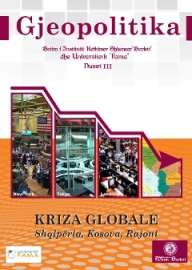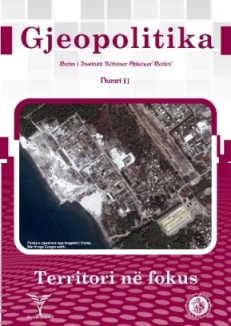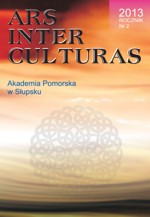
Dilemmas of growth: economic contradictions of capitalism
Dilemat e rritjes: Kontradiktat ekonomike të kapitalizmit
Keywords: Dilemmas of growth: economic contradictions ; capitalism
Ndërsa rritja ekonomike nuk ka patur kurrë fuqinë emocionale të nacionalizmit, apo të nxitjeve të tjera ideologjike që janë përdorur për të mobilizuar shoqëritë, ajo është bërë një lloj ‘besimi’ për shoqëritë e industrializuara të Perëndimit. Ashtu si familjet duhet të mësohen të jetojnë brenda mundësive të tyre, çështja është nëse ekonomia mund të “disiplinohet” për të jetuar me të ardhurat hyrëse të disponueshme, duke iu shmangur borxhit.
More...


